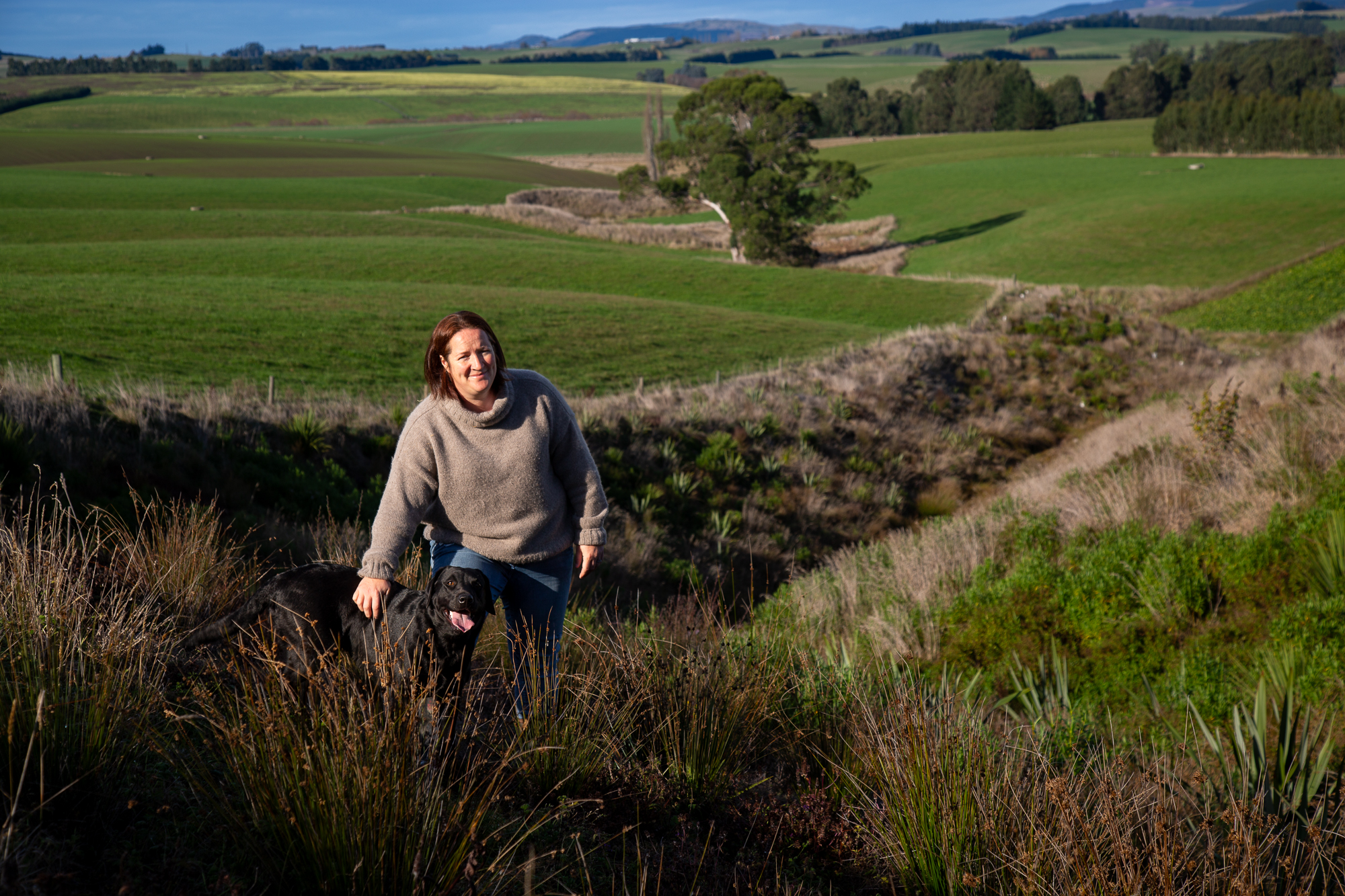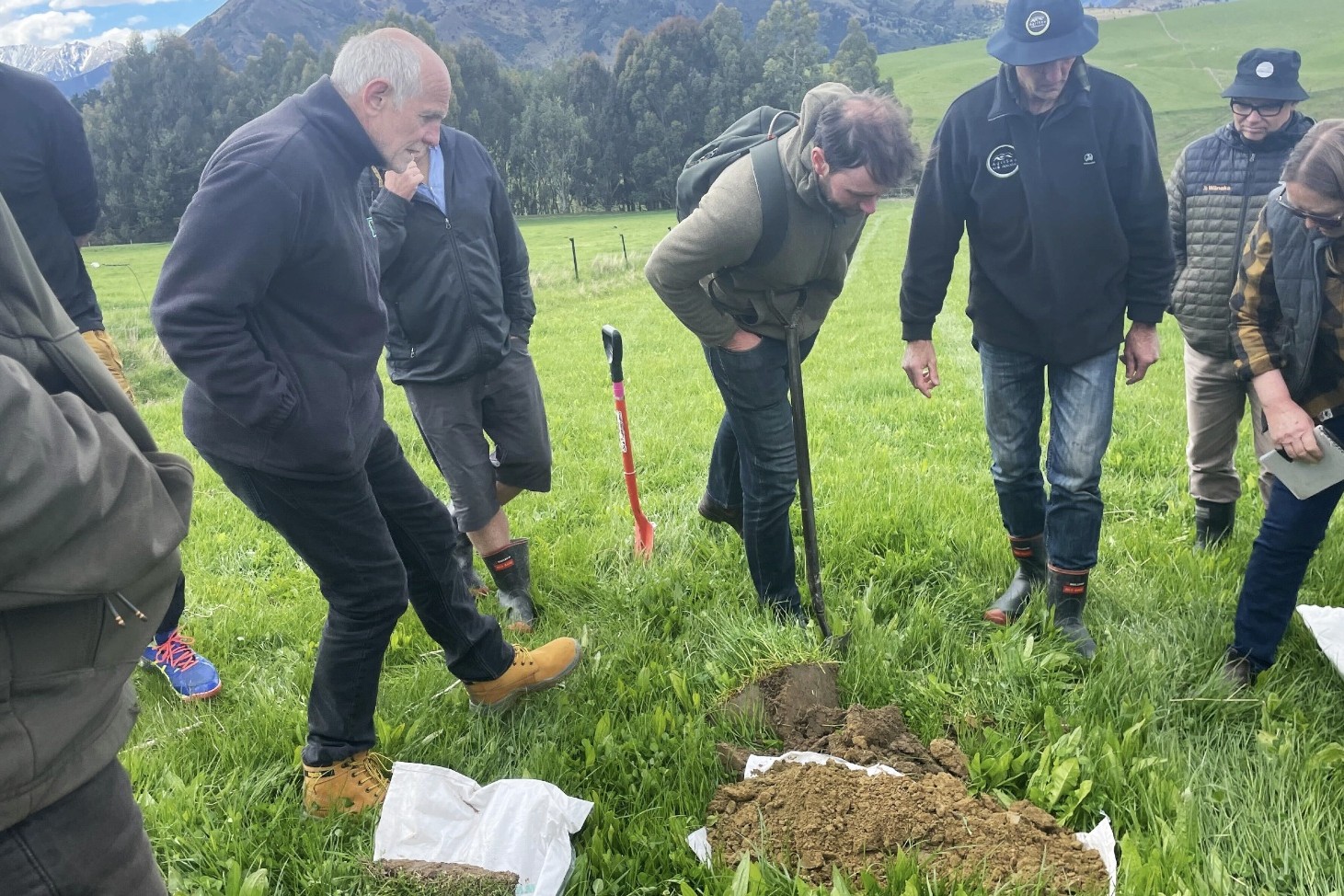BY: KERI JOHNSTON
Rural advocates have called for the Government to consider the effects of policies on rural communities and farmer wellbeing when drafting them. I would extend this and ask rural media to do the same when it is reporting on them.
I was having a very interesting conversation this week about rural media and how we are our own worst enemies. You only have to look at the headlines of farming publications that arrive in our mailboxes each week and it’s often a ‘doom and gloom’ story that commands the front page. And this is particularly true when it comes to the new Essential Freshwater Reforms.
Rural mental health is a real concern, no doubt about that at all, but when a lot of what is out there in media land is about the reforms being a repeat of the Rogernomics era and that the rules as written will end pastoral and arable farming as we know it, or that the reforms are just the result of a minister on a personal crusade cannot be helping those already finding it hard to get out of bed in the morning.
Now please don’t get me wrong, there are elements of the reforms which if I was drafting them, would not look like they do at the moment, but to constantly dwell on the negatives and fire shots at the Government, ministers and anyone else involved in the process of developing them isn’t going to change where we are today.
It’s also not an excuse to do nothing.
I have been working in environmental regulation for the last 20 years, and I can honestly say not one single process I have been involved with has got it perfectly right the first time, but regardless, you do what you can, and implement what can be implemented because it’s the right thing to do.
Digging your toes in and doing nothing is actually not acceptable.
I don’t think anyone disagrees with what the freshwater reforms were trying to achieve – stopping further degradation of freshwater resources, reversing past damage and moving towards a holistic, ki uta ki tai approach to management of the natural environment.
So, if the ‘direction of travel’ of the reforms is actually okay, the question we need to ask ourselves now is how can we partner with the Government and iwi to deliver on this in a way that is practical, fair, and outcomes focused? We need to rise above the criticism, roll our sleeves up, get some dirt under our nails, and do what we do best – we are the most innovative farmers in the world, so let’s do this.
And to those who revel in the negative all the time, it’s easy to criticise from the sidelines, but if you are not going to offer a solution, then stop complaining. There is a difference between speaking up about what is not right in a constructive manner, rather than being destructive, and the key difference between the two is offering a way forward.
Think about the impacts your negativity is having on our rural communities, after all, we actually want the same things and just because we are not quite aligned on how we get there doesn’t mean we stop trying. It means we pick ourselves up, reflect on how we got here and try a different tack.




